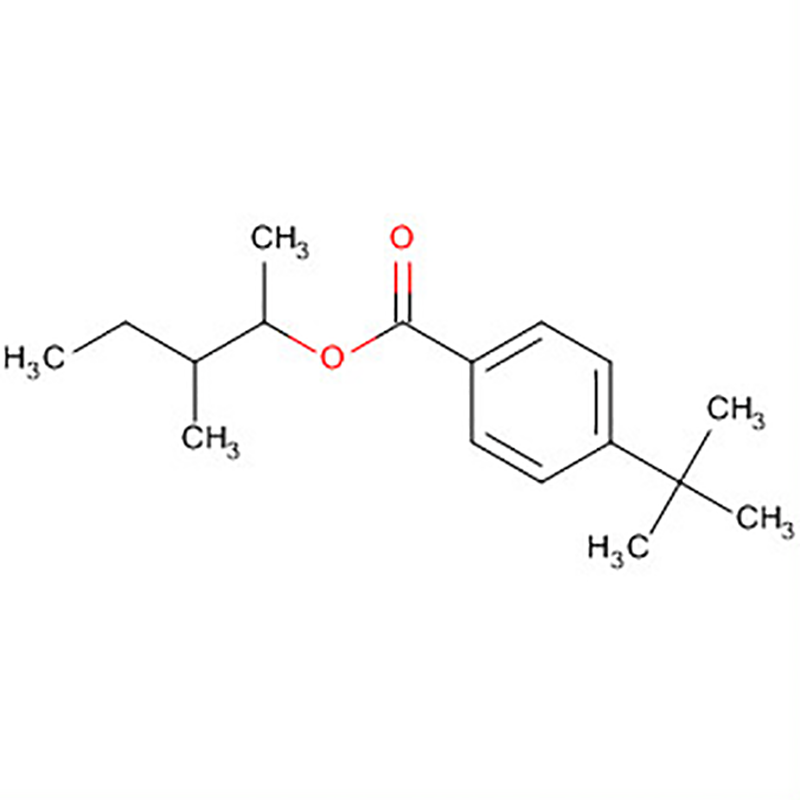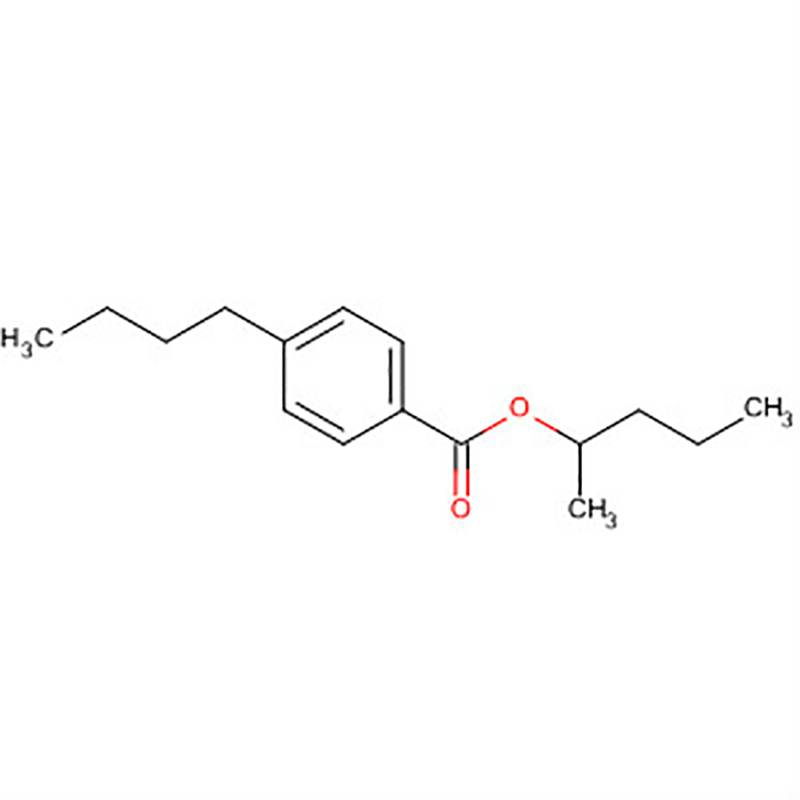-
Categories
-
Pharmaceutical Intermediates
-
Active Pharmaceutical Ingredients
-
Food Additives
- Industrial Coatings
- Agrochemicals
- Dyes and Pigments
- Surfactant
- Flavors and Fragrances
- Chemical Reagents
- Catalyst and Auxiliary
- Natural Products
- Inorganic Chemistry
-
Organic Chemistry
-
Biochemical Engineering
- Analytical Chemistry
-
Cosmetic Ingredient
- Water Treatment Chemical
-
Pharmaceutical Intermediates
Promotion
ECHEMI Mall
Wholesale
Weekly Price
Exhibition
News
-
Trade Service
IMIDAZO[1,2-A]PYRAZINE-3-CARBALDEHYDE (IPC) is an organic compound that has found a wide range of applications in the chemical industry.
It is synthesized by various methods, such as the Mannich reaction and the Barber-Degregorio synthesis.
IPC has numerous uses in the chemical industry due to its unique chemical and physical properties.
One of the main applications of IPC is as a building block for the synthesis of other organic compounds.
It can be used to synthesize a variety of compounds, including pharmaceuticals, dyes, pigments, and other industrial chemicals.
IPC can also be used as a ligand in coordination chemistry, which involves the formation of complexes with metal ions.
In the pharmaceutical industry, IPC is used as an intermediate in the synthesis of various drugs.
It can be used as a precursor for the synthesis of HIV protease inhibitors, which are used to treat AIDS.
IPC can also be used to synthesize anti-tuberculosis drugs, anti-cancer drugs, and other drugs for the treatment of various diseases.
In the dye and pigment industry, IPC is used as a precursor for the synthesis of various dyes and pigments.
It can be used to synthesize azo dyes, which are widely used in the textile industry.
IPC can also be used to synthesize metal complexes, which can be used as catalysts in various industrial processes.
In the plastics industry, IPC is used as a catalyst in the polymerization of various polymers.
It can be used to catalyze the polymerization of vinyl chloride, which is used to make polyvinyl chloride (PVC), a widely used plastic in the production of pipes, vinyl siding, and other products.
IPC can also be used to catalyze the polymerization of other monomers, such as ethylene and propylene, to produce various types of plastics.
In the field of materials science, IPC is used as a building block for the synthesis of conducting polymers.
Conducting polymers are materials that can conduct electricity and are used in a variety of applications, including electrochemical batteries, solar cells, and electronic devices.
IPC can be used to synthesize conducting polymers that have unique properties, such as high conductivity, good mechanical strength, and stability in various environments.
In the field of agrochemicals, IPC is used as an insecticide and fungicide.
It can be used to control pests and diseases in crops, which can help to increase crop yields and prevent food shortages.
IPC has been shown to have good efficacy against a wide range of pests and diseases, and it is safe for use in organic farming.
In conclusion, IMIDAZO[1,2-A]PYRAZINE-3-CARBALDEHYDE is a versatile compound with a wide range of applications in the chemical industry.
It can be used as a building block for the synthesis of other organic compounds, as a ligand in coordination chemistry, as an intermediate in the pharmaceutical industry, as a precursor for the synthesis of dyes and pigments, as a catalyst in the polymerization of various polymers, and as a building block for the synthesis of conducting polymers.
It is also used as an insecticide and fungicide in the agrochemical industry.
Its unique chemical and physical properties make it a valuable tool in various industrial processes.







